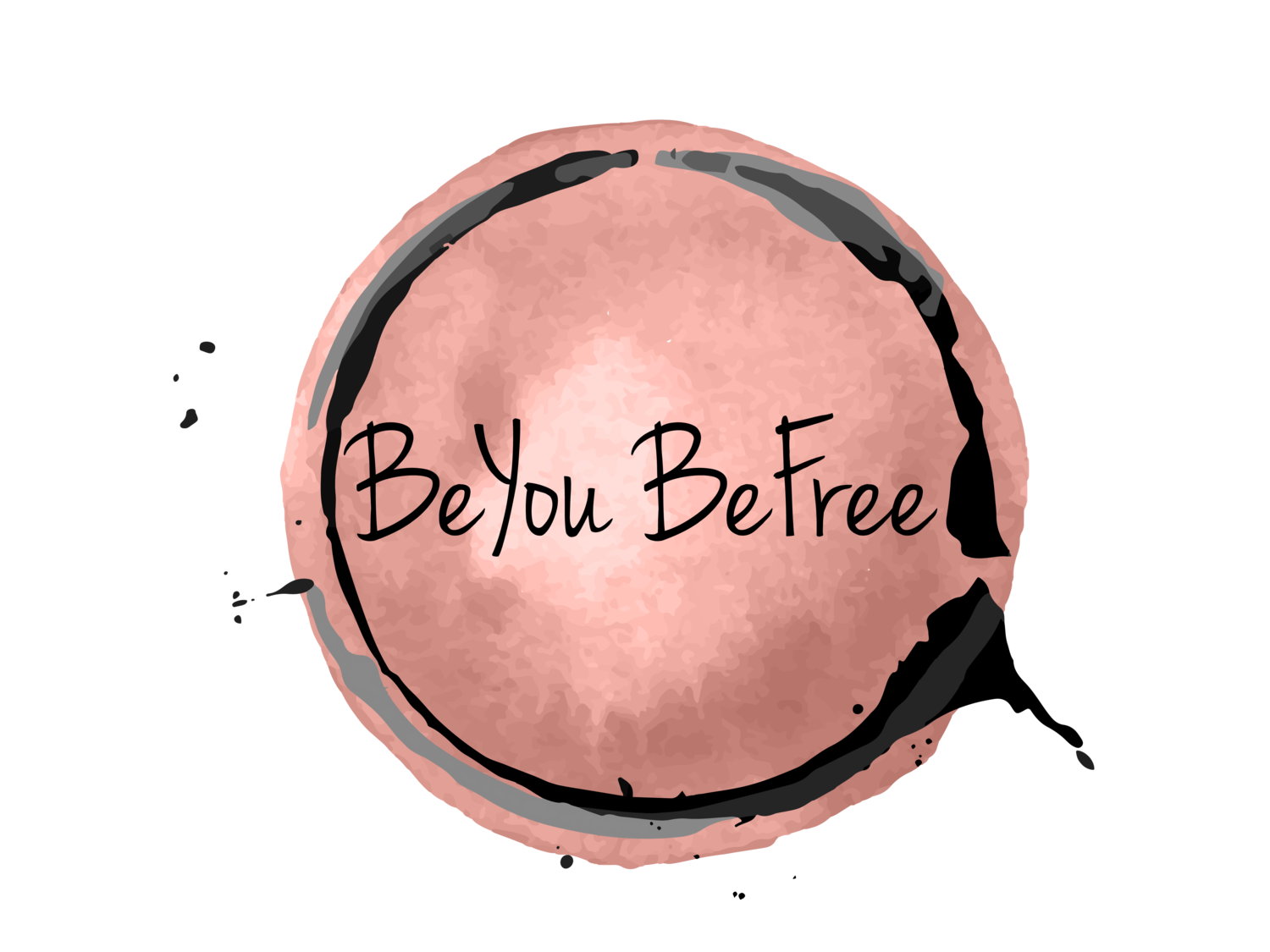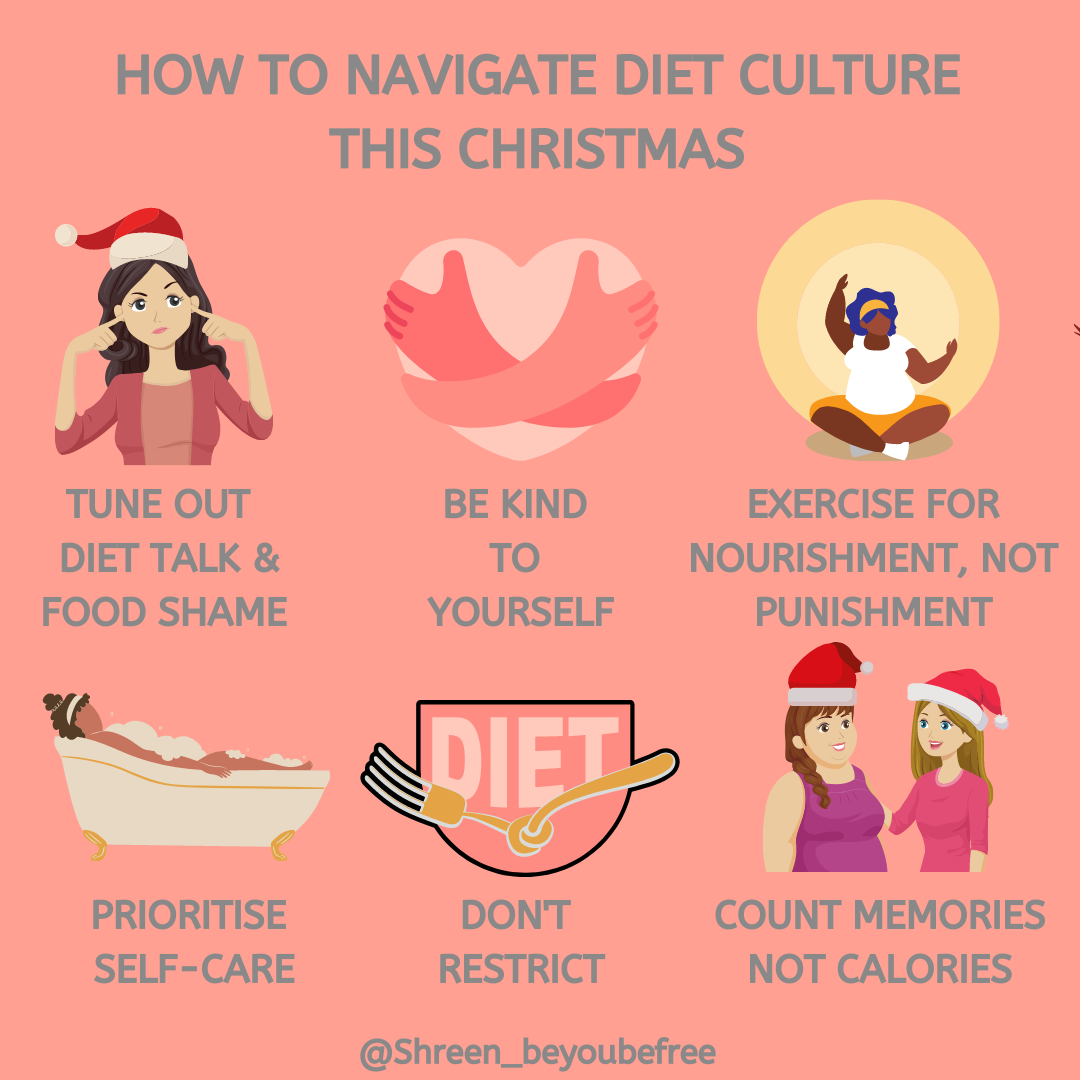II used to think about food 99.99% of my day.
I was so hungry that I couldn’t concentrate at all. I couldn’t even watch a film to the end without thinking about food.
All I wanted to do was eat – and once I started, I couldn’t stop.
I didn’t know this then, but now I understand that it was dieting that was making me hungry and obsessed with food all the time. And the longer I dieted, the hungrier and more obsessed I became.
If you feel like you can’t stop thinking about food, and if you feel completely out of control around food when you start eating, this is a signal from your body that you are not eating enough.
Eating enough food is a basic part of self-care. If we don’t feed our bodies properly, it can lead to overeating, bingeing, and a constant obsession with food.
It can be challenging to eat enough, not only have we been suppressing our hunger signals through dieting, but we have also been fed messages on ‘X” amount to eat.
I know how tough this is. I have been there, and it is a lot easier said than done.But as soon as I started to honour my hunger and eat enough food, I stopped thinking about food 99.99% of my day, my hunger signals regulated, and my constant drive to eat disappeared.
So just how do you go about honouring your hunger? The first step is to identify what hunger feels like for you and to eat as soon as you feel it!
Tune in and listen to your body. What does hungry feel like for you? Does your stomach feel physically empty? Are you tired? Cranky? Do you get a headache? We are all unique in how we feel hunger. Some of us get a clear signal in our stomach whereas others might feel it in our throat. Other signs of hunger may be shakiness, a heightened sense of smell, or even just thinking about food.
When you start to listen to the first signs of hunger and feed your body before you get too hungry, you will be able to eat in tune with your body’s needs.
Not only is honouring your hunger a key part of self-care, but it is also a key part of healing your relationship with food.
If you would like more support with this, my book will help you. Click on the link below if you would like to learn more.











